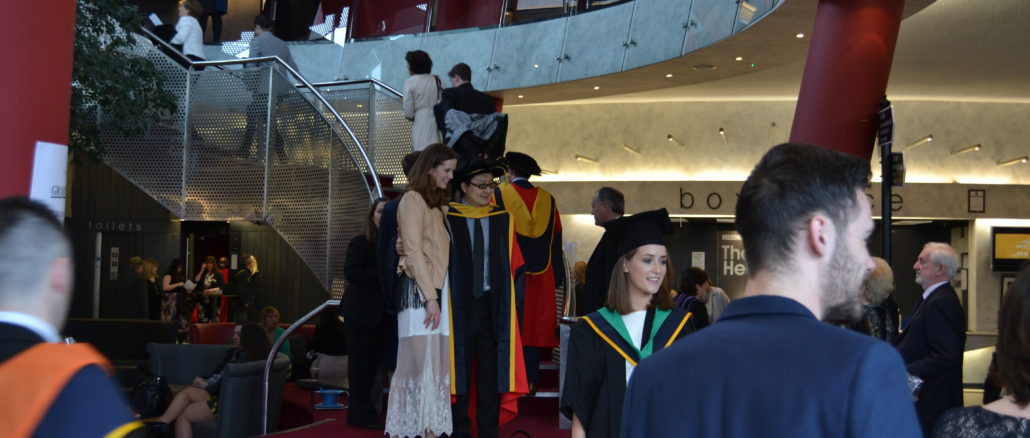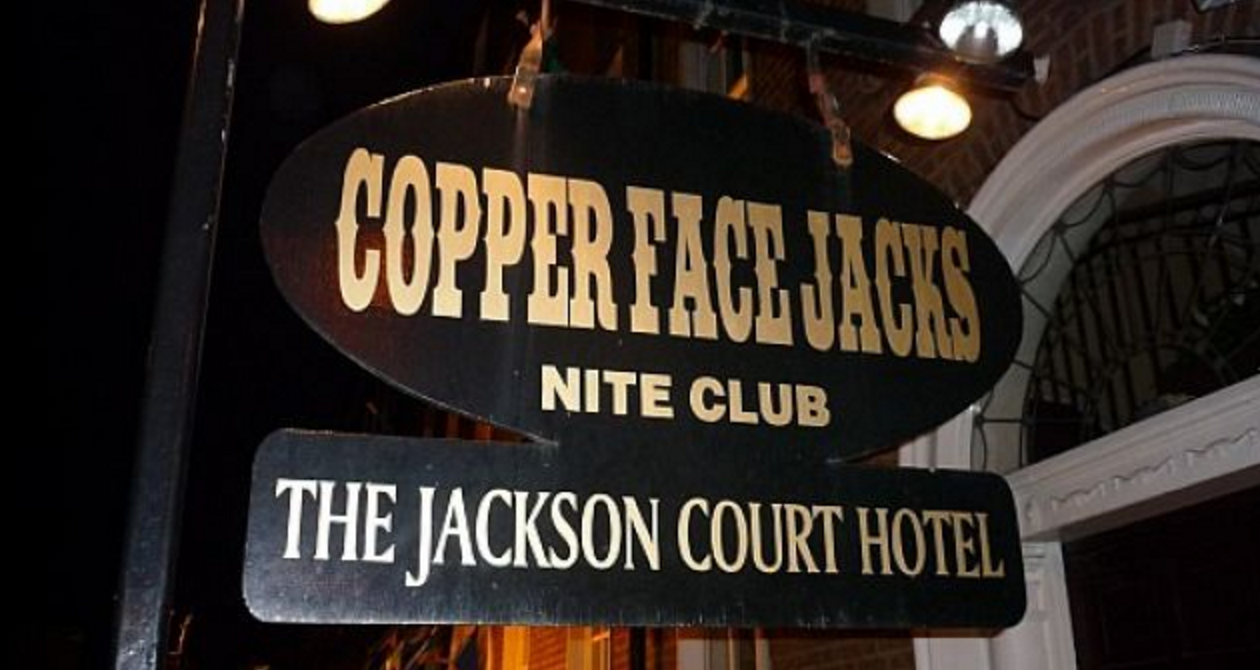
[dropcap]Of[/dropcap] the 1,800 students who graduated in November, 15 per cent obtained first class honours, according to data supplied by DCU’s Quality Promotion Office.
The majority of the graduating class of 2016 achieved second class honours degrees, with 59 per cent coming away with a 2:1 and 23 per cent with a 2:2. Just four per cent scored a third.
Science and health students obtained the highest frequency of first class honours, with 18 per cent achieving a sought-after 1:1. Contrary to expectation, the courses with the highest frequency of first class honours were some of the courses often perceived as most difficult.
57 per cent of Actuarial Mathematics graduates achieved a first, as did 58 per cent of graduates from Financial Mathematics. Global Business (USA) boasted a rate of 92 per cent, with 12 out of 13 graduates receiving a first class honours.
Undergraduate degrees from other faculties followed a similar trend, with the majority of graduates receiving a 2:1 or 2:2. The highest rate of third class honours came from students who completed a Bachelor in Engineering (B.Eng), with 18 per cent scoring between 40 and 49 per cent in their overall degree.
The lowest frequency of third class honours occurred in Bachelor of Arts courses, with less than two per cent receiving one. Arts courses such as Communication Studies, Contemporary Culture and Society, Applied Language and Translation Studies and Journalism stuck closely to typical standard deviation.
Just 12 per cent of Bachelor of Arts students received firsts, while a significant majority of 86 per cent received second class honours, be it grade one or grade two.
Graduation ceremonies took place on DCU’s Glasnevin campus on November 2nd, 3rd and 12th and on St Patrick’s campus on November 4th and 5th.
This data does not pertain to students from St Patricks College or other incorporating institutions as the graduating class of 2016 were not registered as DCU students.
Rebecca Lumley
Image Credit: Darragh Culhane





Leave a Reply